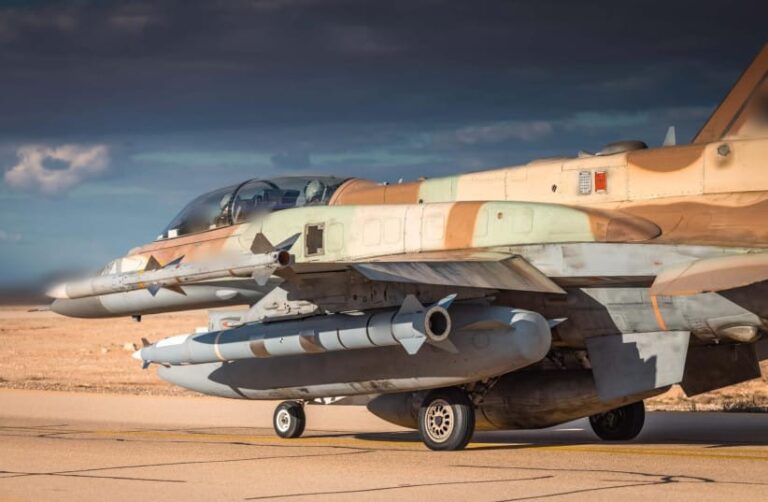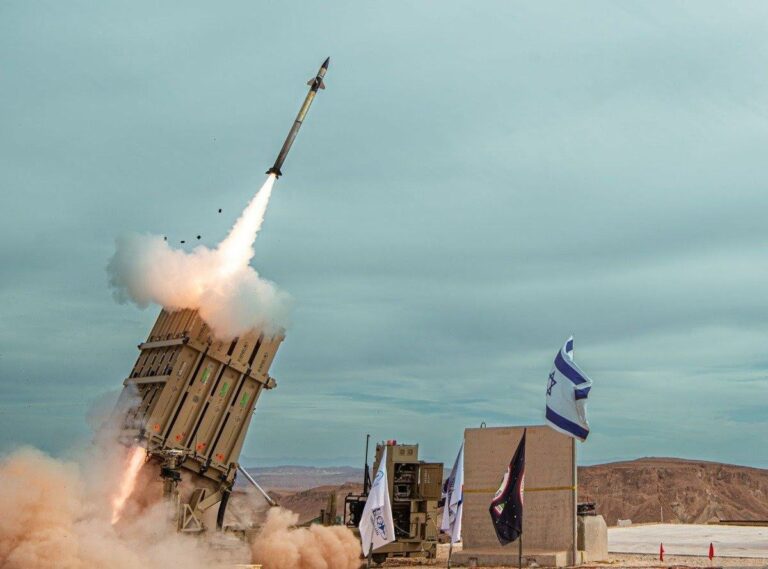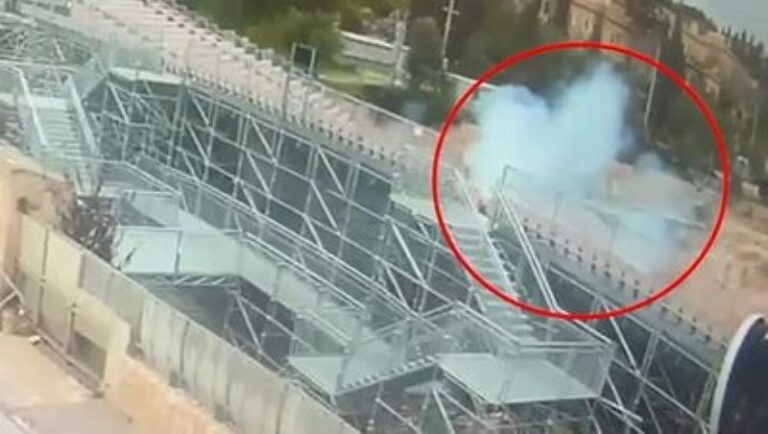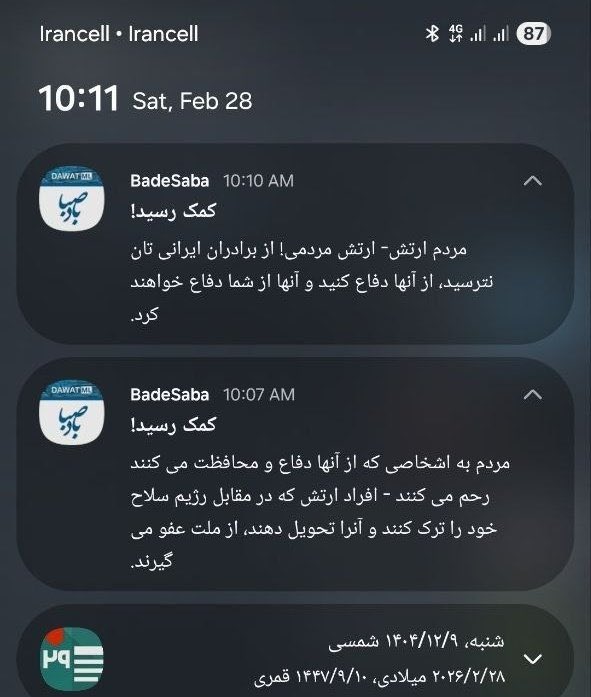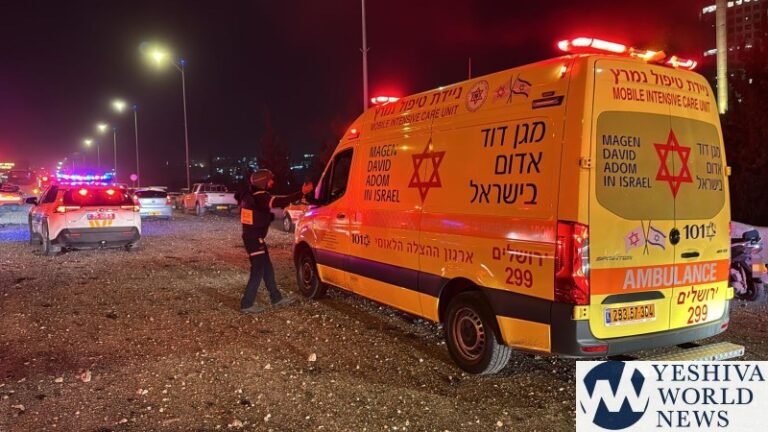Electric vehicle maker Nuro said Tuesday it had secured $600 million in funding from Google, Kroger and others to continue the development of its autonomous delivery vehicle service.
The Silicon Valley robotics company has already made thousands of grocery deliveries with Kroger as a part of a 2018 partnership.
“Demand for local deliveries is exploding,” said Griffin Schroeder, partner at Tiger Global, which led the new round of financing. “Nuro is the bridge to an era of sustainable, low cost, autonomous local delivery.”
Nuro also signed a five-year strategic partnership with Google Cloud to support the ongoing development of the zero-occupant, autonomous delivery vehicles and said it will explore opportunities with the tech giant to “strengthen and transform local commerce.”
Nuro recently announced a partnership with FedEx and has piloted pizza delivery with Domino’s in Houston.
In August, Nuro said it had invested $40 million in a manufacturing facility and closed-course test track, both in southern Nevada.
Last year, the National Highway Traffic Safety Administration granted temporary approval for Nuro to run its low-speed autonomous delivery vehicles that were designed without accommodations for human drivers. The delivery vehicles, dubbed “R2,” are equipped with laser, camera and radar sensors, but have no side and rear-view mirrors, windshield wipers, steering wheels or brake pedals.
The battery-powered vehicles, at 3.6 feet wide and about 9 feet long (1.1 meter wide and 2.7 meters long), are significantly shorter and thinner than a Mini Cooper, but more than a foot taller. They are permitted to travel up to 25 miles per hour and can be monitored and controlled remotely by a human operator, if needed.
Nuro has piloted autonomous local delivery in Texas, Arizona, and California.
Many companies have been ramping up efforts to get their products to consumers faster and without human contact in the wake of the COVID-19 outbreak, which kept people from running basic errands like grocery shopping or picking up food orders at restaurants.
(AP)


